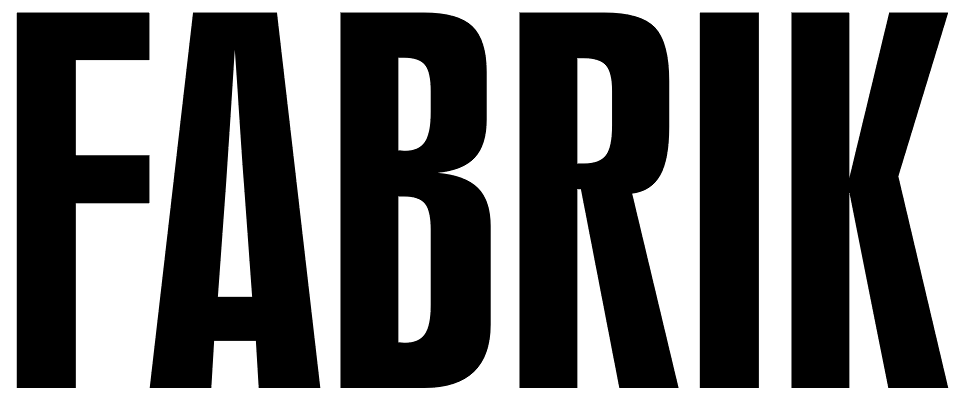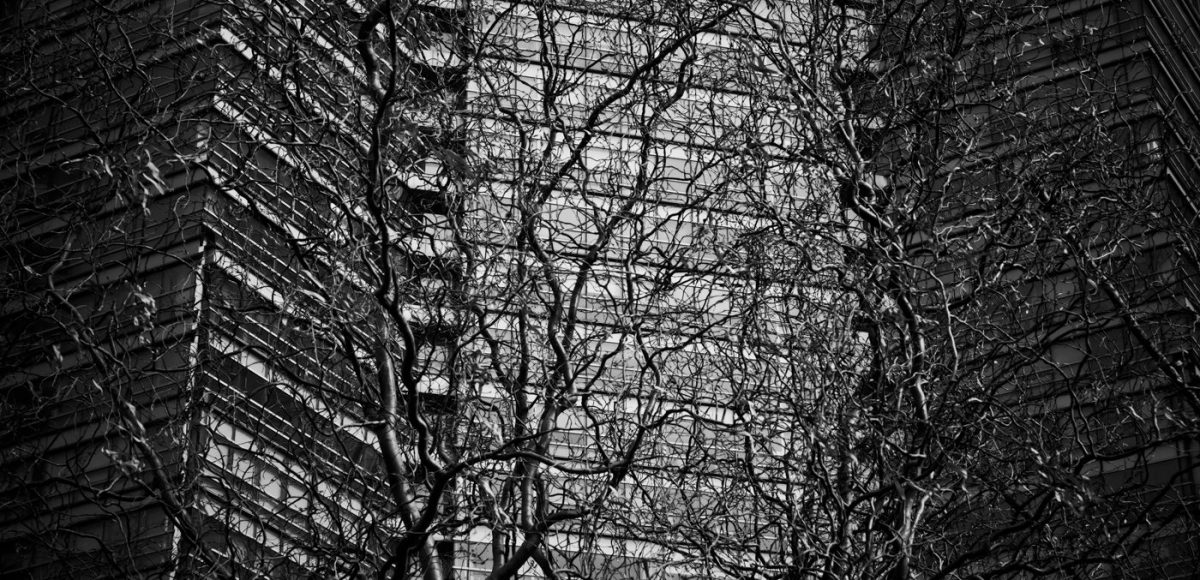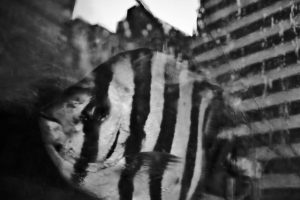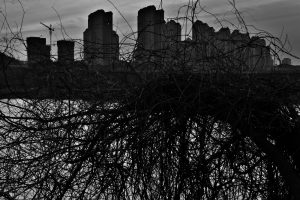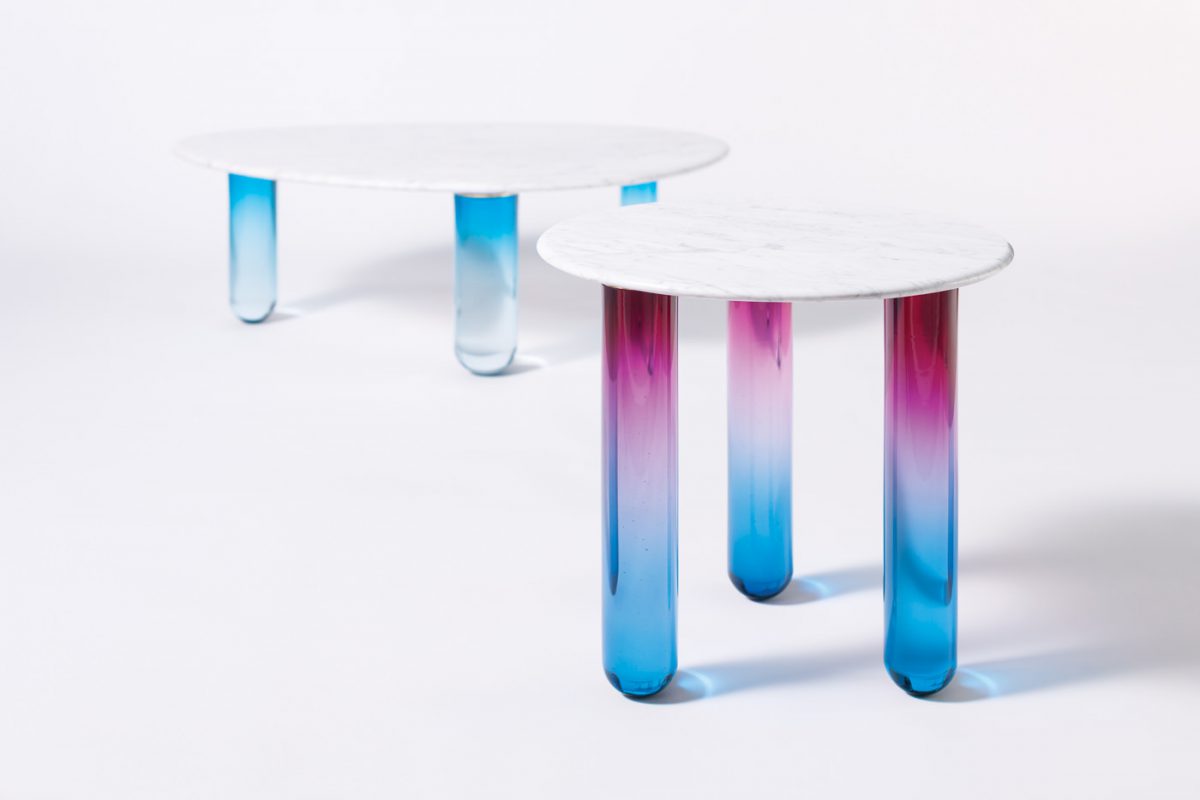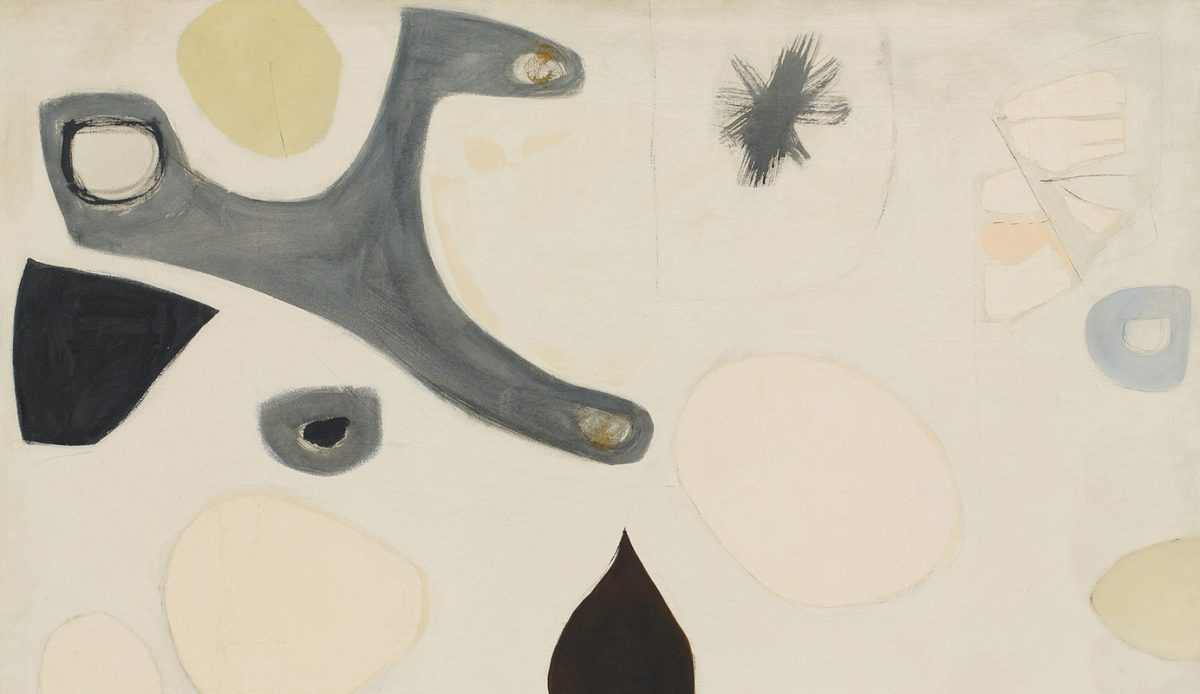While many artists pursue other career paths before settling on art, Young-hwan Choi’s
disparate journey actually informed his current practice rather than standing apart from it. In the moments when he wasn’t holding a camera, Choi found the very material that inspired him to take more photos. As a child growing up in South Korea, Choi grew interested in photography while observing his father, also a photographer. But other concerns soon came to the fore. At the age of five, a disease threatened his life—and changed his perspective on death and living. He decided to become a pediatrician, but after a stint as a photographer for his school paper, photography beckoned him back.
“When I was an intern doctor, I had many chances to see patients facing death at the ICU of a hospital,” said Choi. “At that time, I recalled distinctly my fear of death when I was a child.”
He channeled this fear and fascination with death into his work. During his resident training at university, Choi completed his first series, Requiem. The stark black-and-white photographs feature scenes that capture desolation: a close-up of a cracked statue, a skyward view of a single bird flying. These are the snapshots of a dark flâneur, a wanderer who finds the most desolate scenes and catalogues them with stunning honesty.
“Most of these patients were uneasy, afraid, and in pain, due to despair,” said Choi. “But some of them seemed to get over their fear of death. They had peace of mind. When I met them, I discovered the enlightenment that human beings can get—genuine peace by depending on absolute truth. And then, I was able to get the inspiration for my Requiem series.”
Babel, the photographer’s next series, takes a similar approach: street photography becomes a means for catching the city and natural landscape in its quietest moments, devoid of any passersby. But this series at least gives us a few more hints of civilization: high-rise buildings, framed photographs of unknown faces and man-made waste. In his artist’s statement, Choi explained that he created the series to explore how society “uniformly pursues empty values” through scenes that capture “the intimate inner worlds of people today.”
Choi is currently working on a series called Eden: color photographs that explore three distinct themes. The first touches upon “our feelings of nostalgia for paradise;” the second explores “desire” and “free will” within Eden; the last looks at manmade versions of Eden, natural spaces in the world that resemble the biblical land. While heavy themes and complex questions pervade these photographs, Choi hopes the viewer will find some form of solace in them. “Of course, when I made my artwork it was therapeutic in regard to my fear of death,” he said. “And I hope that the audience who sees my artworks will be able to begin to process and overcome their fear of death.”
Much of Choi’s work continually revisits the tenuous thread between life and death, not to linger there too long, but to find a sort of acceptance and healing. The implication is that death cannot be denied, and fear of it should be explored so that it does not become too powerful. “My artwork includes the emotions of fear about death and extinction,” said Choi. “If these emotions are suppressed continuously, they can eventually explode in our minds. I think that photography which includes tragedy can help us safely eliminate unhealthy emotions from our minds.”
The artist recently exhibited his work at Photo Independent and is finishing his graduate degree at Sangmyung graduate school. More of his work can be viewed at http://cyh7021.blog.me/.


